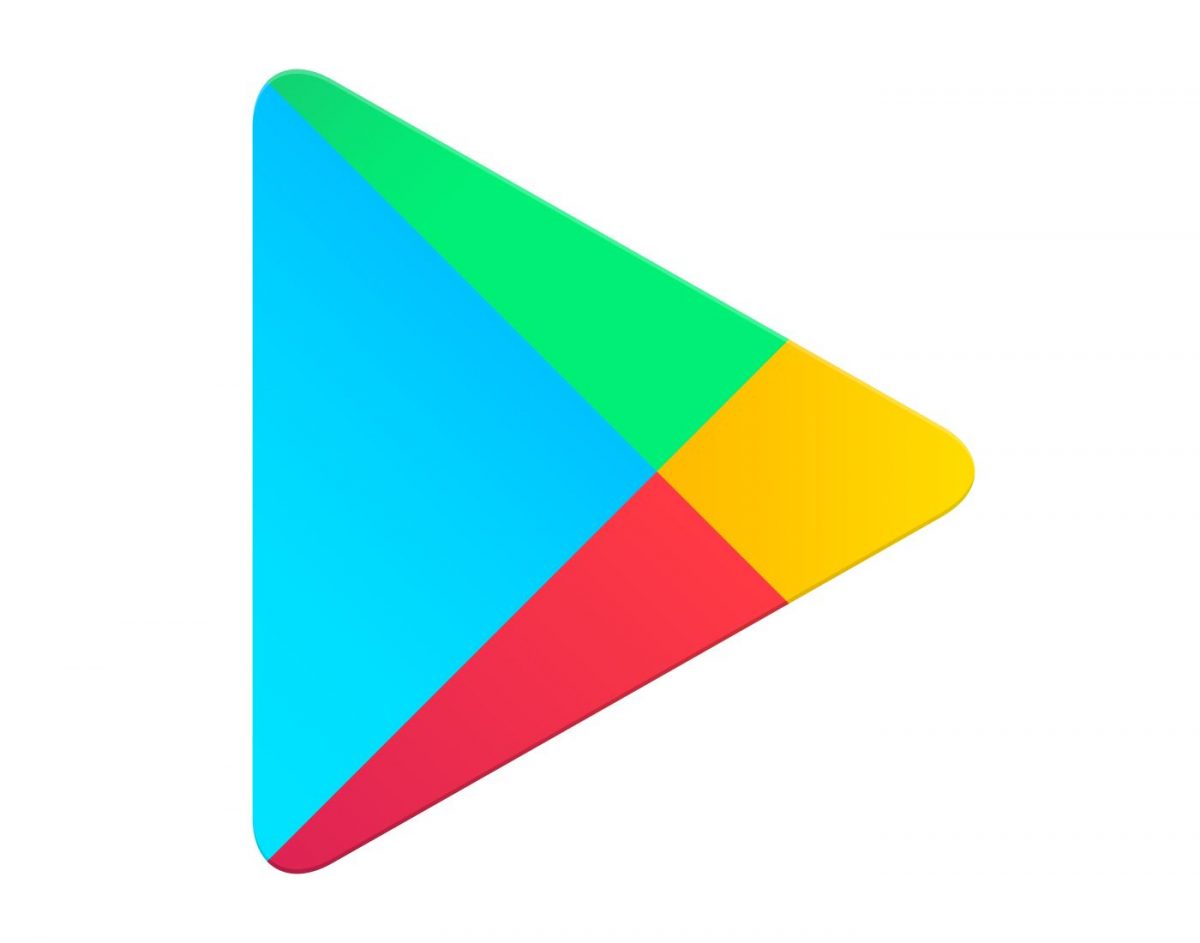In a move that makes Android’s developer policies a bit more similar to iOS’ App Store policies, Google will be rejecting apps in the Play Store which see which other apps a user has installed. Apps have been using this information to profile users, and target them with ads, as well as selling this data to other companies.

Google’s new Play Store policy restricts which apps can access the list of apps that are installed on an Android device
Gaining access to a user’s list of installed apps can potentially tell the developer about the interests that a user has, and the type of services they have access to. Google will put access to this data behind a new permission model, which will allow eligible apps such as file managers, antivirus apps, and search apps to access this information, only if they are allowed in the Play Store.
As noticed by Ars Technica, the new change in Google Play Store policies lists permitted uses for the query all packages permission, which will block apps from accessing the information unless users allow them.
Permitted use involves apps that must discover any and all installed apps on the device, for awareness or interoperability purposes may have eligibility for the permission. Permitted use includes; device search, antivirus apps, file managers, and browsers.
Apps granted access to this permission must comply with the User Data policies, including the Prominent Disclosure and Consent requirements, and may not extend its use to undisclosed or invalid purposes.
Unfortunately, this restricted permission model has been added to Android 11 only and applies to apps that target Android API Level 30, which only covers a small number of apps. However, Google will be making this API mandatory for all Play Store apps and app updates exactly one year after Android 11 was launch, which should be in November 2021, which should bring this high level of privacy to all users.
As MacRumors noted, this is yet another new policy change from Google for Play Store that brings it slightly closer to Apple’s App Store policies. The company has been forcing on improving the privacy of its users on Android by constantly adding new iOS-like security permissions, including iOS 14-like privacy indicators in Android 12. In iOS 9, Apple had removed the ability for apps to see the list of third-party apps that a user has installed, which blocked advertisers and social networks like Facebook and Twitter from missing the information.